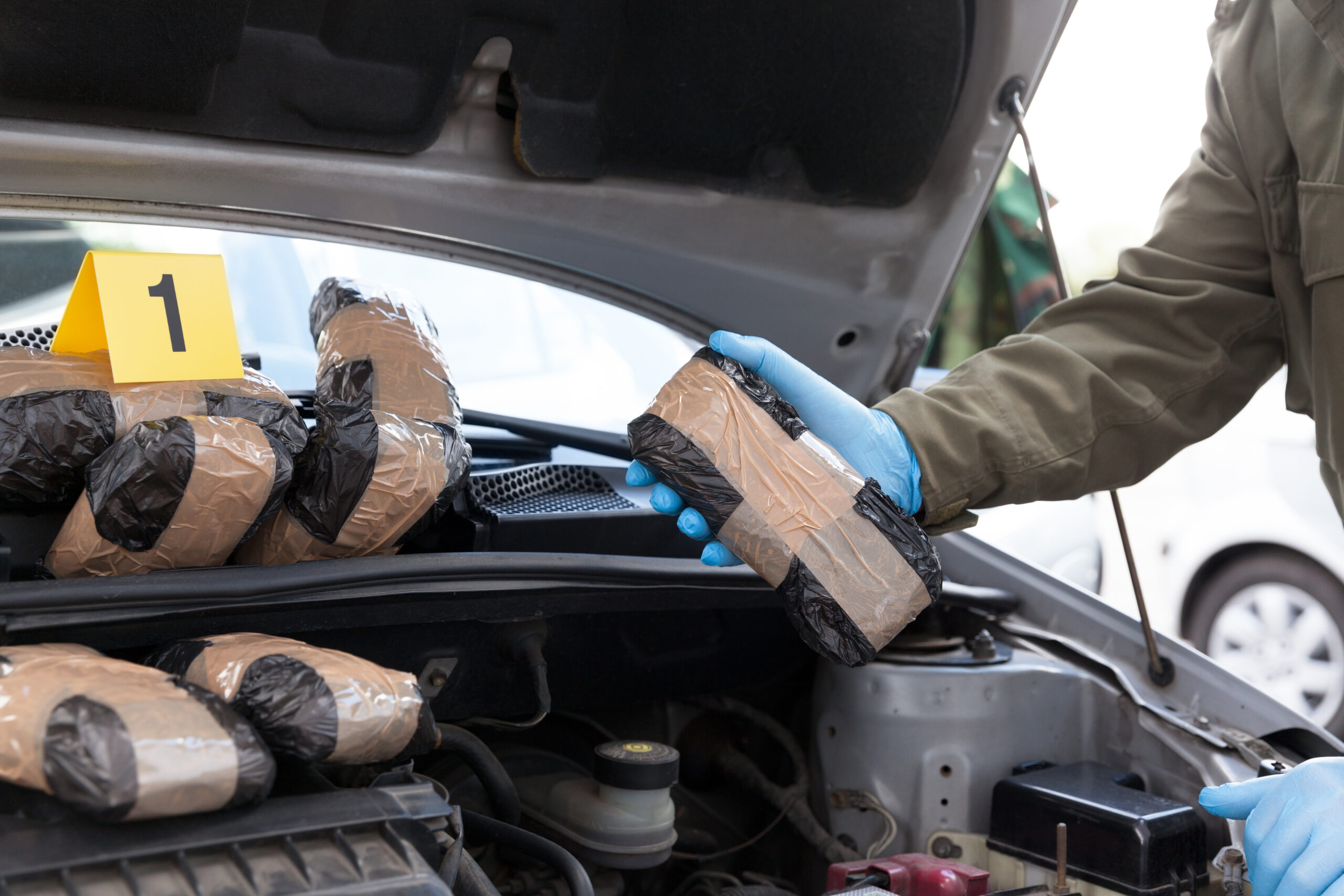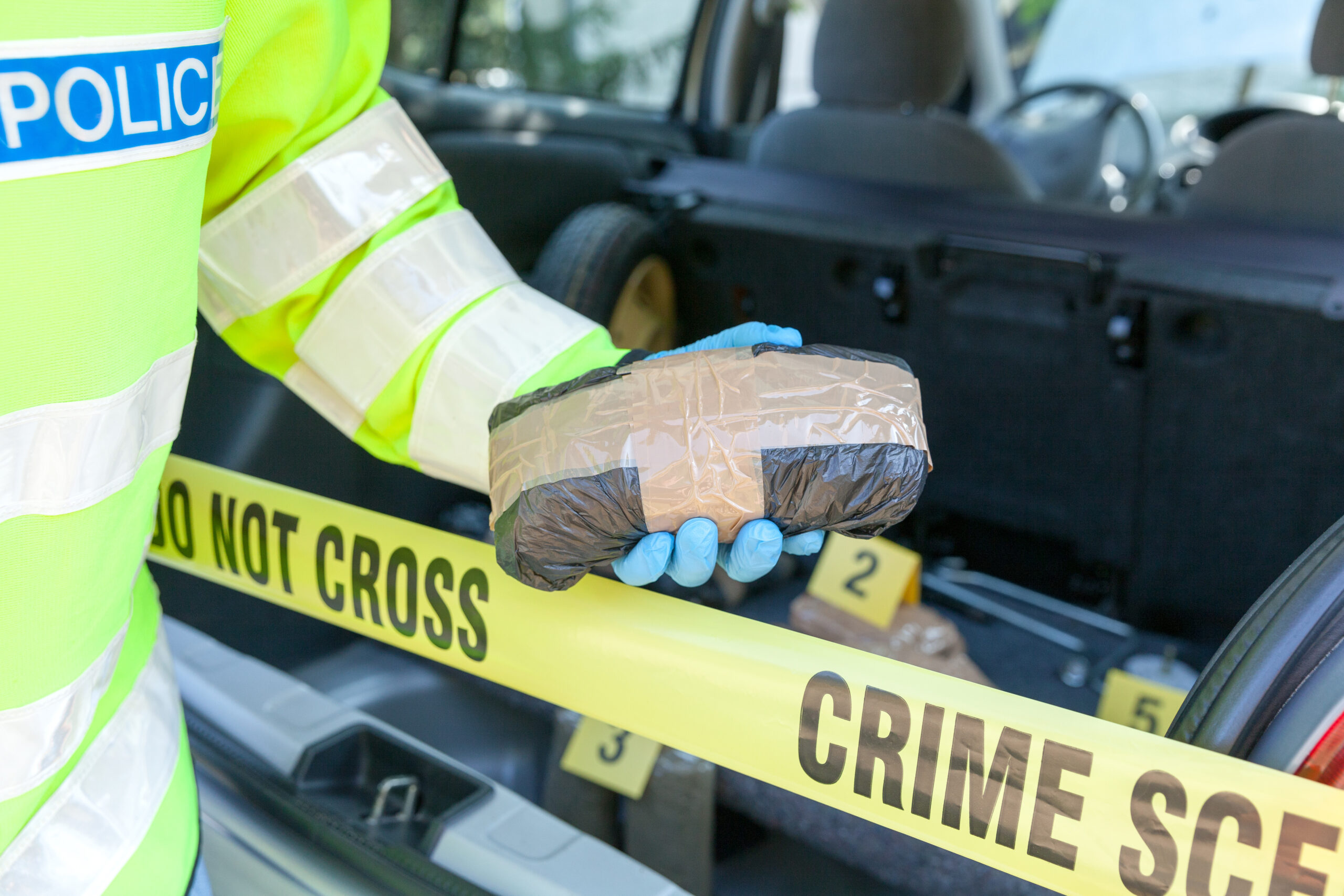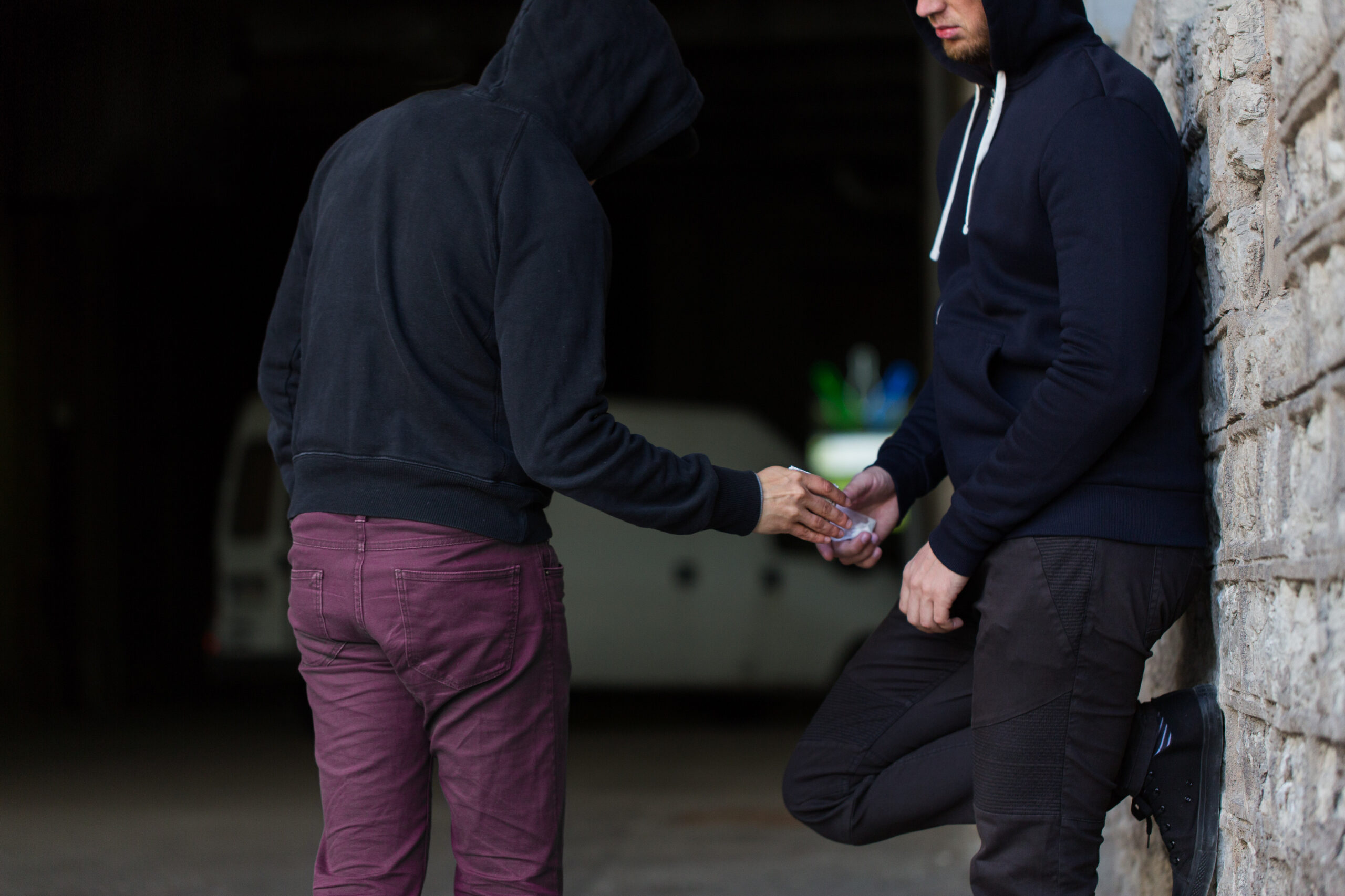- 405-231-4343
- thedruglawyer@thedruglawyer.com
- PO Box 630 Wellston, OK 74881
Most Americans now understand that the drug war is a foolish waste of lives and resources. The drug war continues primarily because the drug “warriors” have become as addicted to the policy of prohibition as anybody has ever been addicted to drugs. The Drug Lawyer understands that the “War on Drugs” is, in fact, a war on ourselves.
During the past 30 years, something has happened to the American criminal justice system that never should have happened. It became an industry. Thirty or more years ago, most crimes had victims. These days, the majority of crimes prosecuted revolve around drugs and alcohol. In that same 30 years, America’s incarceration rate grew to exceed that of any culture in history. In a culture where so many are without work, putting each other in chains has become big business. The Drug Lawyer is committed to ending the War on Drugs while mitigating the harm it does in the meantime.
When Oklahoma became the most liberal medical marijuana state in the country, it did not stop interdicting drugs on the highway. For well over twenty years, highway drug interdiction has been a cottage industry of Oklahoma law enforcement. Numerous state agencies and even counties and municipalities depend upon highway drug interdiction as a source of revenue. With the complicity of the courts, law enforcement has created a science of avoiding the strictures of the Fourth Amendment’s prohibitions against unreasonable searches and seizures. If you have been arrested by a trained highway drug interdiction officer, your arrest probably went something like this:
You were stopped for following too closely, improper lane change, failure to signal, or speeding. These are the “usual suspects” because they are notoriously difficult for defense lawyers to disprove. If the officer is experienced, he will ostensibly stop you for two or more reasons. That way, even if a defense lawyer can invalidate one reason for the stop, he can rarely invalidate two or more reasons. Just so you know, you were really stopped for having an out-of-state tag and/or because you were in a rental. That is not illegal, so long as the officer doesn’t admit that that is why he stopped you. Whren v. the United States, 1996.
The officer approached your car. He asked you to join him in his car. If there was a passenger, the passenger stayed in the car. The officer soon advised you that you were only getting a warning. He did this so that he could write in his report that the ordinary (non-criminal) public becomes less nervous upon learning that they are only getting a warning; therefore, the fact that you did not become less nervous is the first item in his probable cause equation.





As the officer wrote you the warning, he engaged in casual conversation about your travel itinerary, i.e., where you’d been, where you were going, what you did, how you know the passenger, etc… Next, he needed to check your insurance verification and rental car contract. He approached the passenger to retrieve those items. That was when he compared your answers to questions about your trip to the passenger’s account. Even a slight discrepancy is a strong reason for suspicion since people on a trip together know when they left, where they went, and how long and with whom they stayed.
The officer returned to his car, handed you a warning and your license. He did that because he knew that, until you had your license, you were not legally “free to leave.” That way, the questions that came next did not violate Miranda or the Fourth Amendment. Then as you were about to exit his vehicle, he asks if he can ask you a few more questions. He then asked if you had drugs and/or large amounts of money and if he could search your vehicle.
You might still believe that you should have answered differently. It would have made no difference. If you consented to the search, it was valid consent because the officer will testify that you were free to leave and the consent was therefore valid. If you did not consent, the officer will testify that his observations during the stop added up to probable cause to search and that you never really were free to leave. A pea and shell game with no pea.
It is also possible that while you were stopped another officer arrived with a drug dog. A drug dog scan is not a search and does not require probable cause but a drug dog alert does provide probable cause to search. Illinois v. Cabelles, 2005.
Officers typically put the driver and passenger(s) together in a police vehicle while they conduct their search. They often leave people with their phones during this time. In most units, the officer has forward and rear-facing cameras that captured the audio and video of events inside the officer’s vehicle while he is conducting the search. Thus, ANYTHING that you said in the officer’s vehicle is probably on audio/video.
Noam Chomsky
It is important that, as soon as you suspect you might be charged with a crime, you acquire the assistance of a competent criminal defense practitioner. He or she can advise you regarding what statements and admissions you should try to get the prosecution to make.
The vast majority of defendants do not want to go to trial. That means that they must either acquire evidence adequate to convince the prosecutor of the futility of the trial or accept a plea bargain that they do not want to accept. Call today to find out where you stand.